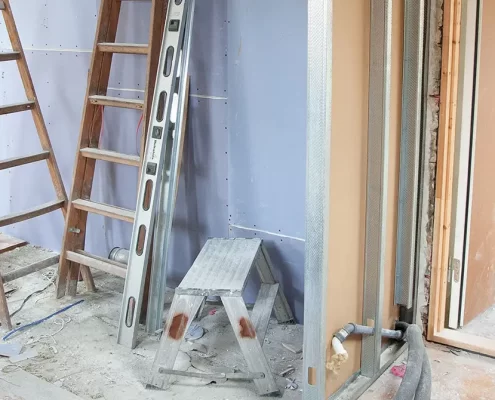
Solar Panel Installation Fraud
Construction, PropertyIf you’re a homeowner, you’ve likely been approached by a solar panel salesman at your home or over the phone trying to sell you on the benefits of “going solar.” While the opportunity to eliminate your electrical bill sounds good on…

Cornerstone Attorney Successfully Wins Six-Figure Judgement for Berks County Contractor
Berks County, Business Law, Construction, UpdatesOn Wednesday February 1, 2023, Attorney Joel Ready received a favorable verdict from a Berks County jury on behalf of one of our clients. The client was suing a homeowner who failed to pay a substantial bill for work done on their house. The…

HICPA and the Hiccups of Home Repairs
Construction, PropertyHome repairs and renovations can be costly and time-consuming. While some work on your home can be a breeze to have done, other work comes with the stress of ever-changing deadlines and busted budgets. No one needs the added stress of a contractor…

When a Contractor Doesn’t Finish the Job
Construction, Contracts, PropertyCornerstone Law Firm offered a legal tip to Redfin on how to handle things when a contractor doesn't finish a home renovation project.
"If you find yourself in a situation where a contractor has not performed as agreed upon, you have legal…
Construction Litigation
ConstructionOne of the most commonly litigated issues in America is construction. Whether it’s because a construction company failed to do the work that was promised, did the work inadequately, or because of buyer’s remorse that causes a customer to…
